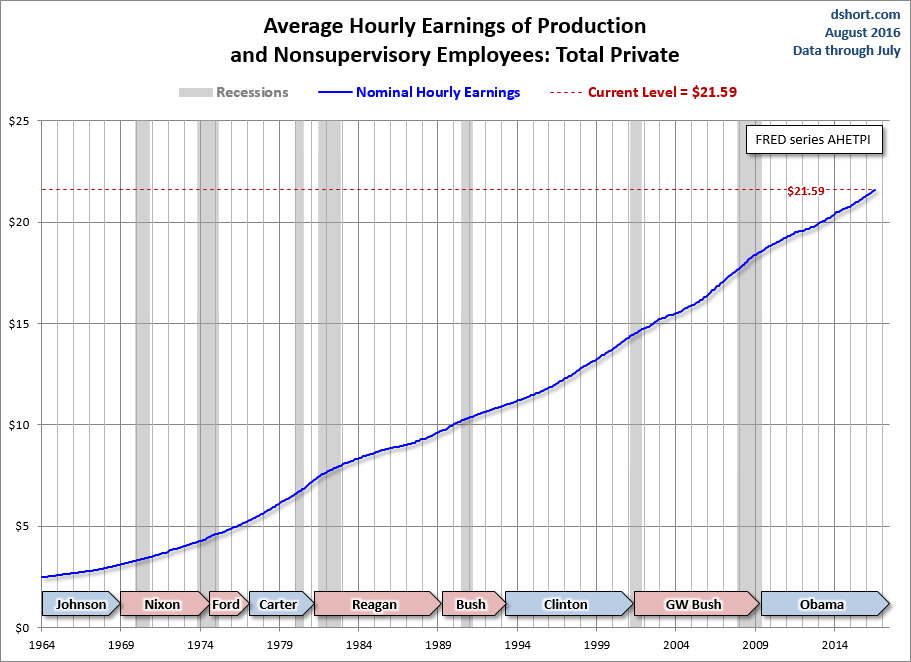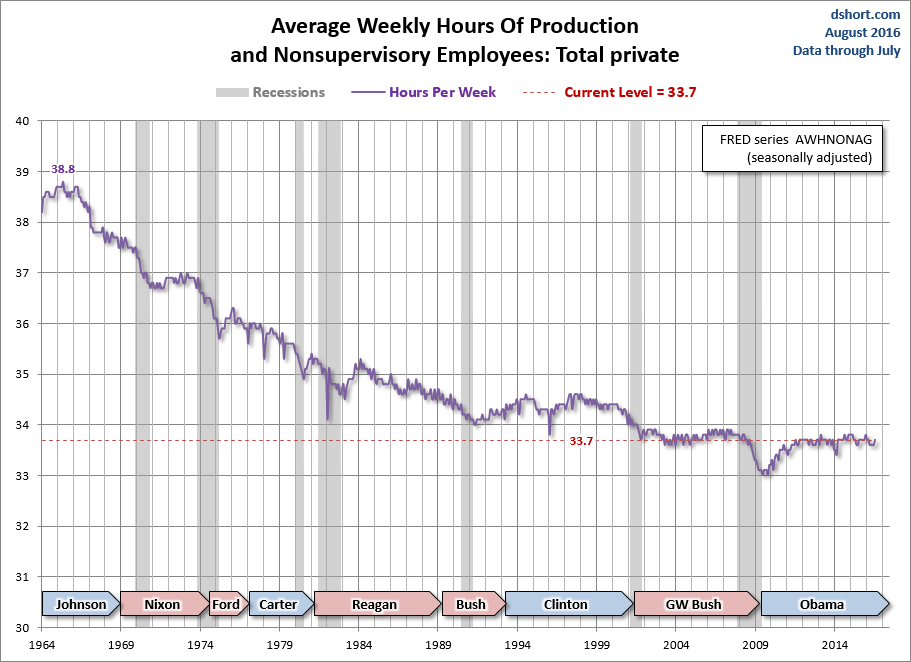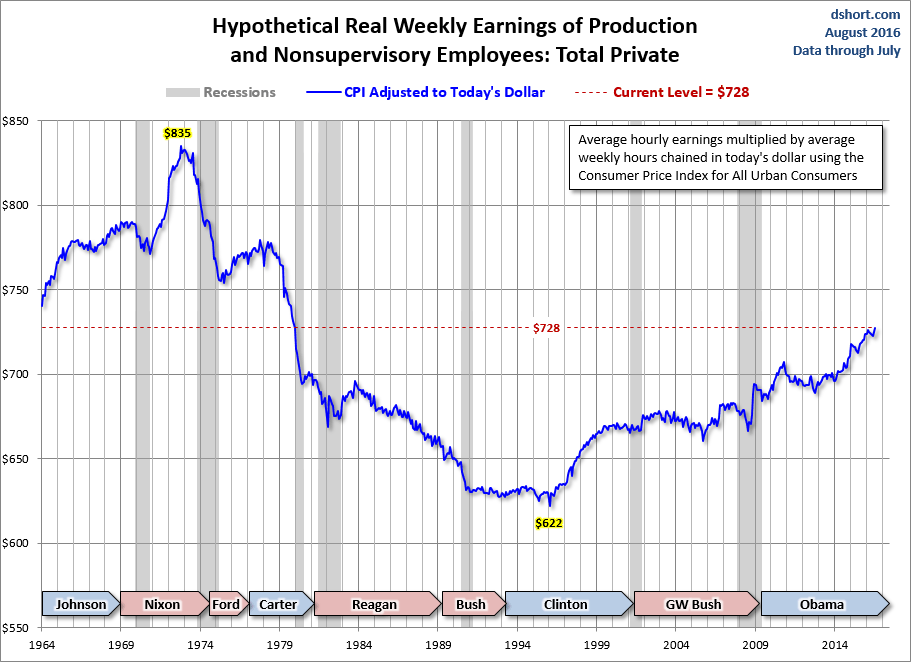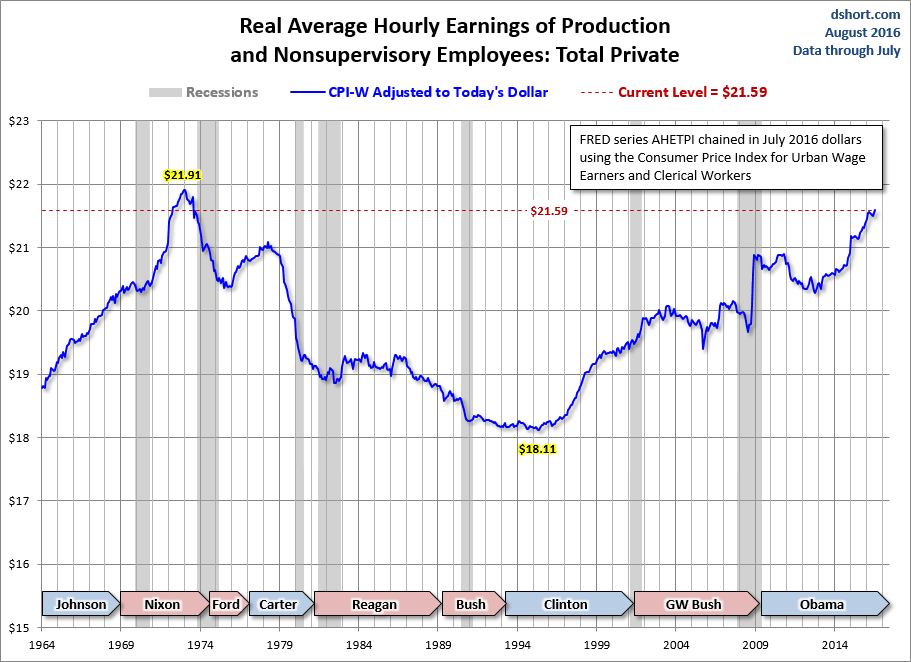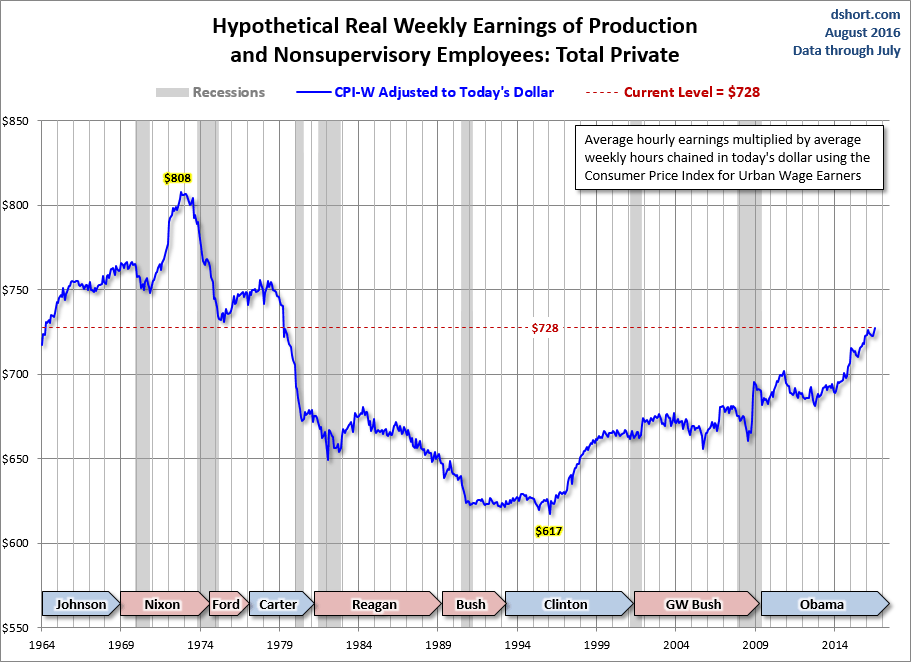The mess in Iraq is complicated by absurdities, political expediency, blatant lies, and self-serving accusations.
Everyone involved attempts to absolve themselves of guilt. Some high-profile politicians even changed their minds as a matter of political expediency.
Absurd and Conflicting Realities- The US wants to overthrow Syrian president Bashar al-Assad.
- US ally, Saudi Arabia, also wants to overthrow the Syrian president.
- The rebels fighting Assad are primarily Al Qaeda and Isis. Thus the US is in alignment with Al Qaeda and Isis.
- The US and Iran want Isis out of Iraq.
- The US refuses help from Iran out of fear of making Iran and Iraq allies.
- Iran supports Syrian president Bashar al-Assad.
- Saudi Arabia is ruled by Sunnis.
- Isis consists primarily of extreme Sunnis.
- Iran is ruled by Shias.
- The US overthrew Saddam Hussein, a secular ruler whose party was dominated by Sunnis.
- The US helped install Nouri al-Maliki, who is a Shia, even though the US is at severe odds with Iran.
- Maliki is politically aligned with Iran.
- Under Maliki's regime, extreme Sunnis got fed up with political oppression, giving rise to Isis.
- Maliki accuses Saudi Arabia of sponsoring Isis and genocide.
- According to The Guardian, Lina Khatib of the Carnegie Foundation says "There is Saudi money flowing into Isis but it is not from the Saudi state. Maliki is trying to shift blame from himself and is echoing Iranian propaganda.".
It is impossible to untangle that mess.
Moreover, arms given to Syrian rebels eventually make their way into the hands of Isis and Iraq.
Nonetheless, many Republicans and some democrats accused Obama of not providing enough assistance to Syrian rebels, most of which are Al Qaeda or Isis connected.
Shia Sunni DivideA PEW research report discusses the
Sunni-Shia Divide 
Their shared demographic makeup may help explain Iran's support for Iraq's Shia-dominated government led by Prime Minister Nouri al-Maliki.
Iran also has supported Bashar al-Assad's government in Syria, where only 15-20% of the Muslim population was Shia as of 2009. But the Syrian leadership is dominated by Alawites (an offshoot of Shia Islam). Under Saddam Hussein's regime in Iraq, which was dominated by Sunnis, the country clashed with Iran.
The Sunni-Shia divide is nearly 1,400 years old, dating back to a dispute over the succession of leadership in the Muslim community following the death of the Prophet Muhammad in 632.
Blatant Lies, Self-Serving Accusations, Amazing ChutzpahIn an attempt to whitewash history and absolve himself from guilt, former UK Prime Minister Tony Blair defended his role in the war.
For my takedown of Blair, please see
Tony Blair's Disingenuous, Self-Serving Analysis of Iraq Blair's lies and distortions were followed by an even more nauseating defense of the war by Dick and Liz Cheney in a
Wall Street Journal op-ed called
The Collapsing Obama Doctrine.
CNN writer Paul Waldman brilliantly took Cheney to task in
Dick Cheney's Amazing Chutzpah on Iraq.
You have to hand it to Dick Cheney. How many people, knowing what has happened in Iraq over the last 12 years, would dare to write an op-ed in The Wall Street Journal containing this line: "Rarely has a U.S. president been so wrong about so much at the expense of so many" -- and not be talking about George W. Bush? The man has chutzpah.
Cheney was the war's chief propagandist, who told the American public more spectacular falsehoods than anyone, including Bush himself. Cheney was the one who told us in 2002 that "Simply stated, there is no doubt that Saddam Hussein now has weapons of mass destruction. There is no doubt he is amassing them to use against our friends, against our allies, and against us."
He's the one who tried to convince us that Saddam Hussein might have helped engineer the September 11 attacks, and who said in 2005 that the insurgency in Iraq was "in its last throes." (The war went on for 6½ more years.)
Cheney had a central role in bringing on a war in which 4,500 Americans gave their lives, tens of thousands more were gravely injured, we spent a couple of trillion dollars, and somewhere between 100,000 and 500,000 Iraqis died.
Would "some residual American forces" have been able to keep a lid on the unending Iraqi civil war that Bush and Cheney so effectively unleashed? We'll never really know, but here's what we do know: The agreement mandating that all American troops leave Iraq by the end of 2011 was signed by one George W. Bush, before Obama took office.
Informed CommentUniversity of Michigan history professor Juan Cole makes some very interesting observations on
Sectarian Blowback in an interview exchange with Amy Goodman of
Democracy Now.
I truncated some of Cole's responses.
AMY GOODMAN: Explain, Professor Cole, who the forces are. Who is ISIS? Who is ISIL? Where does al-Qaeda fit into all of this?
JUAN COLE: Well, the Islamic State of Iraq and Syria is also called the Islamic State of Iraq and the Levant in English. It's just a matter of how you translate one of the words. So they're the same organization.
Isis is al-Qaeda affiliate, although recently the core al-Qaeda has displayed discomfort with it because it attacks other al-Qaeda affiliates. It's an extremely nasty organization. It blows up soft targets, children at ice cream shops. It'll blow up a marriage and then come back and blow up the funeral that evening. It's the worst of the Sunni resistance groups. The Sunnis were in power before the U.S. invaded in 2003, and they've been dethroned and made unemployed and marginalized, and so there is various kinds of discontent, civil and demonstrations, but also a turn to terrorism.
AMY GOODMAN: Juan Cole, can you respond to Secretary of State John Kerry and also talk about the Bush role in this, in fueling this kind of sectarianism, if you feel he did?
JUAN COLE: Well, the Bush administration very explicitly sided with the Shiites and wanted to create a Shiite-dominated government and enthusiastically cooperated in the de-Baathification or the firing of thousands and thousands of Sunni bureaucrats and teachers from their jobs. So this—this was a policy of the Bush administration, and it is, in some large part, responsible for the current crisis.
AMY GOODMAN: What about the talks the U.S. is having now with Iran? And can you talk about whether its interests, the U.S. government now, is—are allied when it comes to Iraq with Bashar al-Assad of Syria?
JUAN COLE: Well, I think the U.S. interests are in fighting this kind of extremist group. After all, it was this kind of hyper-Sunni extremism that hit the United States on 9/11. The al-Qaeda kind of organizations in the Middle East typically despise Shiites as wretched heretics, and there have been many massacres of Shiites by the Taliban in Afghanistan, by al-Qaeda groups and their affiliates.
Shiite power like Iran would be a natural ally. And so, I think it's likely that the United States will develop some relationships with Iran in this regard on this issue. And I think it's a good thing. I think it's crazy that in 2001, when the Iranians were having candlelight vigils for the United States and sympathized with the U.S. as victims of this kind of terrorism that Iran had also suffered from, that suddenly the Bush administration and David Frum, the speechwriter for Bush, put Iran in an "axis of evil" with a country like North Korea and alienated Iran.
AARON MATÉ: I wanted to turn to comments made by former British Prime Minister Tony Blair over the weekend suggesting the current crisis is not linked to the 2003 U.S. and British invasion of Iraq. Blair was speaking to the BBC. ... Juan Cole, as we wrap, your response to Tony Blair?
JUAN COLE: Well, Mr. Blair—you know, it would take hours and hours to refute everything that he said, all of which is false, but you should be—remember that he was perfectly willing to leave dictators in power. He took the British Petroleum officials to Libya to meet with Gaddafi, so it's simply not true that he went around overthrowing dictators in the Middle East.
He did help to invade Iraq. And there, I mean, I think the outcomes are less of an indictment of him than the methods. Mr. Blair repeatedly lied to the public about this enterprise. He was advised by his attorney general that the whole thing was illegal in international law initially. He didn't share that memo with his own Cabinet. He hid it from the British public. He said it wasn't about oil, but we now know he was cooperating with BP officials to make sure that they got bids after the war was over. He just violated international law repeatedly, and British domestic law, in pursuing this war of aggression.
AMY GOODMAN: Juan Cole, we want to thank you for being with us, professor of history at University of Michigan. His blog, "Informed Comment," at JuanCole.com. He's written many books. His most recent one is
The New Arabs: How the Millennial Generation Is Changing the Middle East; it'll be out July 1st.
Political ExpediencyPolitics USA wrote on June 6, 2014,
For The First Time Hillary Clinton Admits That She Was Wrong To Vote For The Iraq War.
In her upcoming book, Hard Choices, Hillary Clinton completely admits that she made a mistake by voting for the Iraq War in 2002. Her admission that she got it wrong is a complete 180 from her defense of the vote during her previous presidential campaign in 2008.
While running for the Democratic nomination in 2008, she defended the vote on Meet The Press.
Mrs. Clinton always avoided saying that her vote was wrong. She paid a heavy price with Democratic primary voters, because Barack Obama was a clear and constant critic of the war. The Iraq vote was one of the genuine differences between Clinton and Obama in 2008, and it looks like she isn't going to let that vote be a problem in 2016.
Genuine Change of Opinion or Political Expediency?Politics USA writes "
Part of this is a likely fence mending with some primary voters who were turned off by her legalistic defense of her vote for war in 2008, but some of it is possibly insight gained from her time spent as Secretary of State."
What insight did Clinton gain as Secretary of State?
For the answer, please consider the June 5, 2014 CBS report
Hillary Clinton's "Hard Choices": Bergdahl, Benghazi and more.
On whether to arm Syrian rebels: [Clinton stated] "
I returned to Washington reasonably confident that if we decided to begin arming and training moderate Syrian rebels, we could put in place effective coordination with our regional partners."
There you have it. Hillary sides with John McCain and Dick Cheney and against President Obama on sending weapons to Syria, even though Saudi-supplied weapons made it into the hands of Al Qaeda and Isis terrorists, then on to Iraq.
So what did Hillary learn about sponsoring war? Nothing. But she did learn that it is politically expedient to distance herself from Obama.
Leap of Faith Cannot Fix IraqFinancial Times correspondent Gideon Rachman says
The West Cannot Fix the Puzzle of Iraq Through War.
Well-meaning liberals try to square the circle by arguing that military aid should be channelled to the more liberal forces fighting both the Assad regime and Isis, simultaneously. There is no doubt that there are some brave and admirable people in the Syrian opposition. But it is a huge leap of faith to believe that, if only the west piles in behind them, things will get better. On the contrary, there is plenty of evidence to suggest that "liberals" have very little chance of holding on to power, after the fall of a Middle Eastern dictatorship. From Iraq to Libya to Egypt, the pro-western liberals have been swept aside.
The history of the past decade in the Middle East suggests that western military force, while capable of achieving swift victories on the battlefield, has a dismal record of securing lasting and acceptable political outcomes. President Barack Obama seems to have learned that lesson, even if his political opponents choose to forget it.
The Odd CoupleCuriously, Hillary Clinton has sided with leap-of-faith "expert" Dick Cheney. They deserve each other.
I side with CNN Opinion writer David Wearing who says
Ignore neo-cons, the last thing Iraq needs is more war.
International jihadis had no real presence in Iraq before the U.S.-led invasion of 2003. Now, in no small part due to the ironically titled "war on terror" waged by Cheney, Wolfowitz and Blair, those forces now exert joint control over a huge swathe of the country. All in all, now would be a good time for the neo-conservatives and liberal interventionists who helped bring us to this point to commence a prolonged period of silence.
I also side with Ron Paul. For details, please see
Democrat Quotes on Iraq; Ron Paul Asks "Haven't We Already Done Enough Damage in Iraq?"Winning ActionThe only winning action has always been to not get involved. But we got involved and made a huge mess. Nonetheless, warmongers cry for still more involvement.
With the situation this messy, with conflicts going back 1,400 years, and with a history of blowback after blowback, both political parties need to take a lesson from the 1983 film
War Games in which a computer learns "
the only winning move is not to play."
Mike "Mish" Shedlock
http://globaleconomicanalysis.blogspot.com






